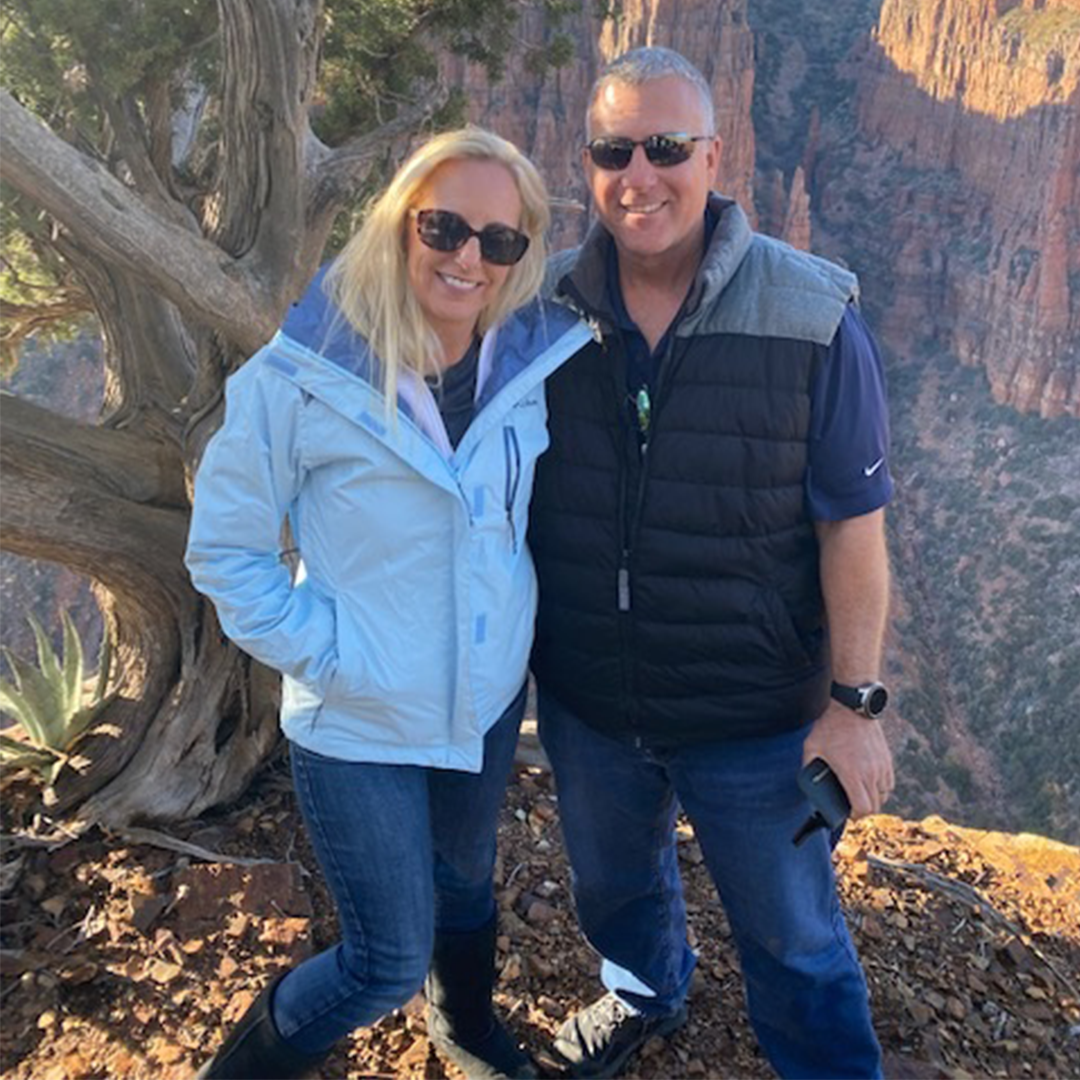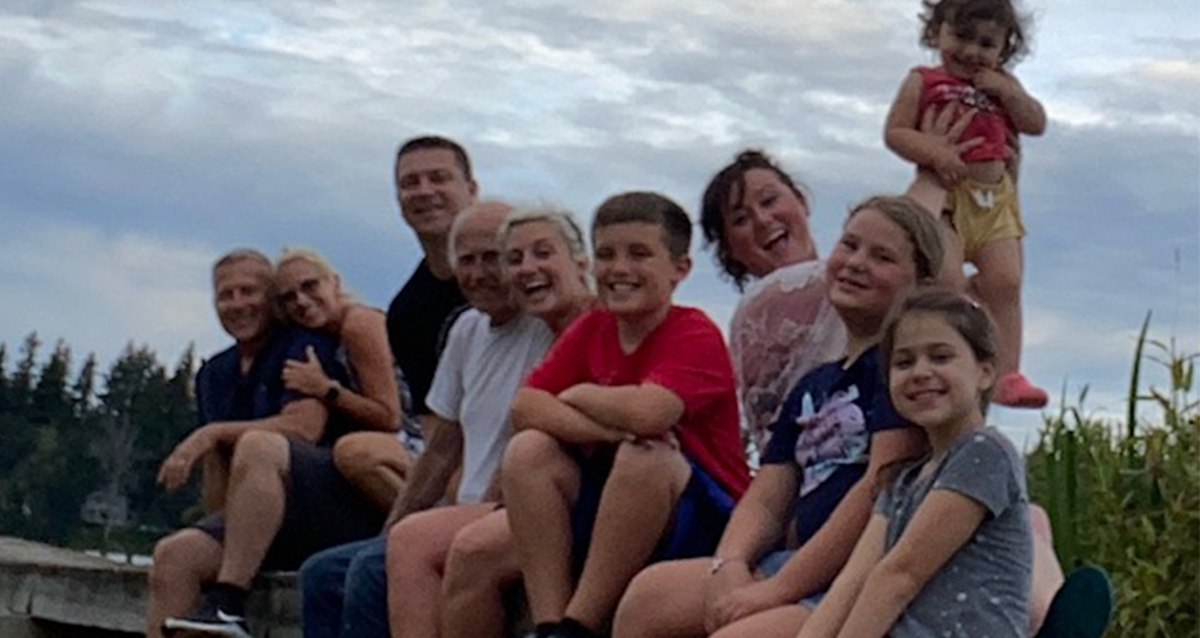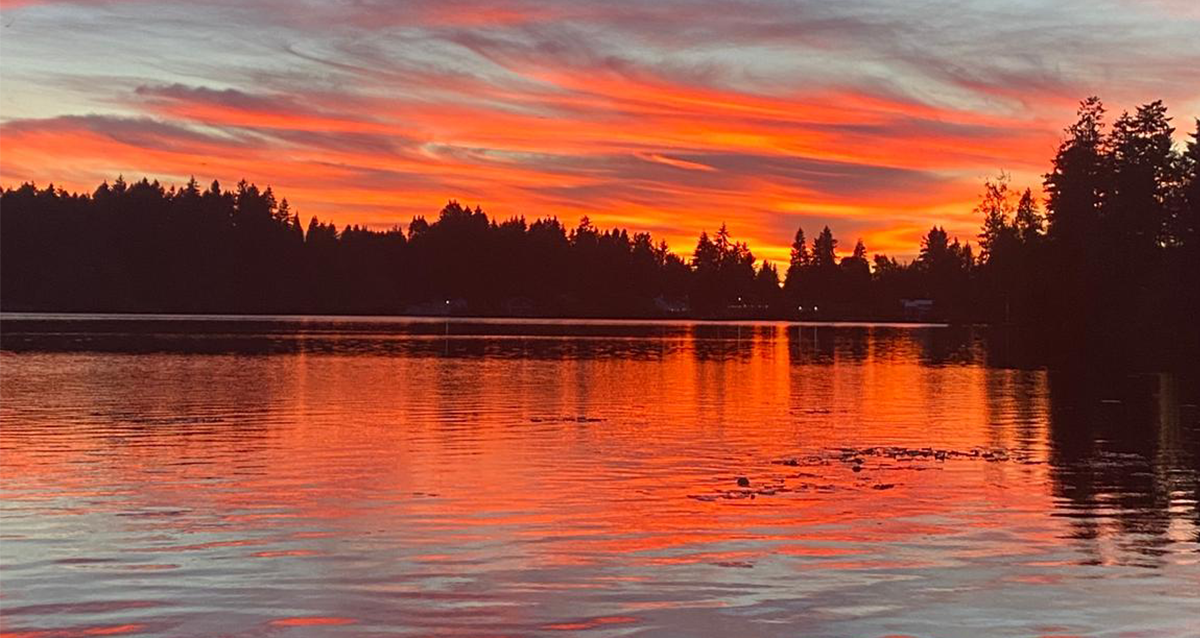


In 2018, during a routine blood draw required for a new insurance policy, Brian M. discovered he may have prostate cancer. The news stunned Brian who had experienced staggering personal losses in the 18 months before his diagnosis. He lost five loved ones, including his mother, brother-in-law, and best friend. Brian knew firsthand how fragile life could be. He wanted another 40 years of marriage with his wife Libbie. He wanted to be there for his kids and to watch his sweet grandkids grow up. Brian committed to researching everything he could find about prostate cancer treatment options and oncologists to consider. Extensive online research led him to City of Hope Phoenix, the Cancer Fighters® community and Farshid Sadeghi, MD. Dr. Sadeghi oversaw Brian’s treatment plan, which included surgery and three months of radiation therapy. After his last treatment, Brian began to ask himself, “What’s next?” Here, he shares the five ways he’s answered that question.

